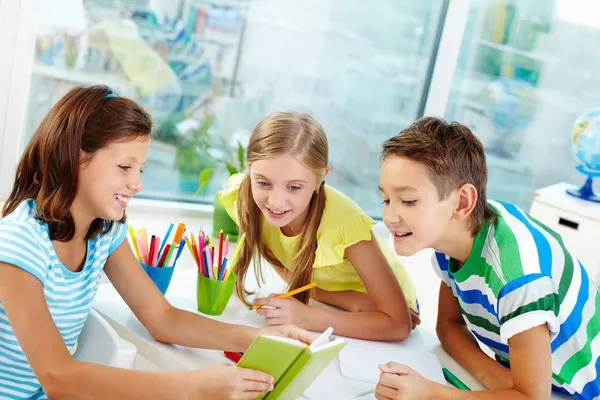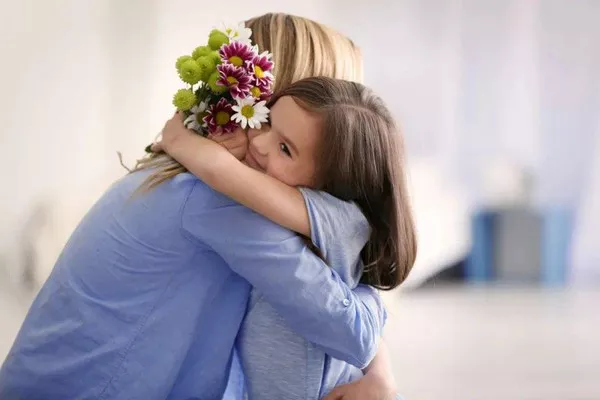Friendship, a cherished and integral aspect of human connection, can bring immense joy and support. However, just like any relationship, friendships can face challenges, and sometimes the decision to part ways becomes necessary. The journey of moving on from a friendship is a nuanced process that varies from person to person.
The Dynamics of Friendship
Friendship is a complex tapestry woven with shared experiences, trust, and mutual understanding. Whether formed in childhood, adolescence, or adulthood, friendships play a significant role in our lives. The depth and intensity of a friendship can vary, and the impact of its end is influenced by factors such as the length of the friendship, the reasons for its dissolution, and the emotional investment involved. Understanding the dynamics of the friendship is crucial in gauging the time it might take to heal.
Reasons for Friendship Dissolution
The reasons for the end of a friendship can range from differing life paths and values to betrayals and conflicts. Understanding the root cause of the friendship dissolution is pivotal in gauging the emotional toll it might take. If the friendship ended amicably due to life circumstances or natural drifting, the healing process may be swifter. However, if the dissolution involves betrayal, trust violations, or significant conflicts, the emotional aftermath may be more profound, potentially elongating the recovery period.
The Impact of Emotional Investment in Friendship
The depth of emotional investment in a friendship is a significant determinant in how long it takes to move on. Friendships where individuals have shared vulnerable moments, relied on each other for support, and formed deep emotional connections may take longer to heal. The intensity of emotional bonds can contribute to a sense of loss, and the process of detaching emotionally from a close friend may require more time and self-reflection.
Grieving the Loss of a Friendship
The end of a friendship often involves a grieving process, akin to the emotions experienced after the loss of a loved one. Grief in friendship dissolution can manifest in various stages, including denial, anger, bargaining, depression, and acceptance. The duration of each stage varies from person to person, influenced by individual coping mechanisms, emotional resilience, and the specific circumstances surrounding the friendship’s end. Recognizing and allowing oneself to navigate through these stages is a crucial aspect of the healing journey.
Individual Coping Mechanisms
Each individual possesses unique coping mechanisms when faced with the end of a friendship. Some may immerse themselves in activities to distract from the pain, while others may confront and process their emotions head-on. The diversity of coping strategies can impact the time it takes to move on. Healthy coping mechanisms, such as seeking support from other friends, engaging in self-care, and practicing mindfulness, contribute to a more efficient healing process.
Time as a Healing Agent
Time is a potent healing agent, but its impact varies based on individual resilience, the nature of the friendship, and the coping mechanisms employed. For some, the passage of time brings clarity, emotional distance, and a gradual sense of acceptance. Others may find that the wounds of a broken friendship linger, necessitating a more deliberate and conscious effort to heal. Understanding that healing is not a linear process and allowing time to play its role is essential in moving forward.
The Role of Mutual Friends in the Healing Process
Navigating mutual friends after the end of a friendship can be a delicate matter. The presence of mutual friends may serve as a constant reminder of the dissolved friendship, potentially impeding the healing process. However, supportive mutual friends can also offer understanding and a source of comfort. The role of mutual friends in the healing process is nuanced and depends on factors such as individual boundaries, open communication, and the ability to maintain a sense of neutrality.
Seeking Closure in Friendship Dissolution
Closure plays a pivotal role in the healing process after the end of a friendship. Seeking closure may involve open and honest communication, the acknowledgment of feelings, and a sense of resolution. However, closure is not always easily attainable, especially if the friendship ended abruptly or if communication channels are strained. In such cases, individuals may need to find alternative ways to achieve a sense of closure, such as through self-reflection, therapy, or writing.
The Influence of Boundaries in Healing
Establishing and maintaining clear boundaries is essential in the healing process after the end of a friendship. Boundaries protect emotional well-being and provide the space needed for reflection and healing. Setting boundaries may involve limiting contact, refraining from revisiting old conversations or memories, and giving oneself the necessary space to focus on personal growth. Respecting and enforcing these boundaries contribute to a healthier emotional landscape.
The Impact of Unresolved Issues on Healing
Unresolved issues from the friendship can act as persistent roadblocks in the healing process. Lingering questions, unexpressed feelings, or a sense of injustice may hinder emotional closure. Confronting and addressing unresolved issues, whether through direct communication or therapeutic intervention, is essential for moving forward. The ability to gain clarity and closure on unresolved matters significantly influences the time it takes to heal from a friendship.
The Influence of Personal Growth
Personal growth is a natural byproduct of life experiences, and the end of a friendship can be a catalyst for significant self-discovery. The extent to which individuals embrace personal growth can influence the healing process. Using the experience as an opportunity for self-reflection, introspection, and positive change contributes to a more expedited healing journey. Viewing the end of a friendship as a stepping stone for personal development can empower individuals to transcend the emotional aftermath.
The Role of Forgiveness in Moving Forward
Forgiveness, whether extended to the friend or oneself, is a powerful component of the healing process. Holding onto resentment or blame can prolong the emotional burden and impede the journey toward closure. Forgiveness does not necessarily mean condoning the actions that led to the friendship’s end but rather releasing the emotional grip on negative feelings. The act of forgiveness, whether extended to the friend or oneself, fosters emotional freedom and accelerates the healing process.
Therapeutic Intervention in Friendship Healing
Seeking therapeutic intervention can be a valuable resource for individuals navigating the complexities of healing from a broken friendship. Professional counselors or therapists provide a supportive and non-judgmental space to explore emotions, gain insights, and develop coping strategies. Therapeutic intervention can be particularly beneficial when faced with challenging emotions, unresolved issues, or when the healing process feels stagnant.
Embracing New Connections and Friendships
Embracing new connections and friendships is a pivotal step in moving forward after the end of a significant friendship. Opening oneself to new relationships, whether platonic or romantic, offers the opportunity for fresh perspectives, shared experiences, and emotional renewal. Cultivating a supportive social network contributes to a sense of belonging and reinforces the understanding that life is a dynamic journey filled with evolving relationships.
Learning from the Friendship Experience
Every friendship, regardless of its duration or how it concludes, offers valuable lessons. Reflecting on the dynamics of the friendship, one’s own contributions, and the lessons learned contributes to personal growth and resilience. Understanding the role of the friendship in one’s life narrative helps contextualize the healing process and fosters a sense of closure.
Conclusion
The journey of healing from the end of a friendship is a deeply personal and nuanced experience. The time it takes to move on is influenced by various factors, including the nature of the friendship, the reasons for its dissolution, individual coping mechanisms, and the pursuit of personal growth. Navigating through stages of grief, seeking closure, and embracing the healing power of time are essential components of the process. By understanding the dynamics at play and acknowledging the impact on one’s emotional landscape, individuals can embark on a transformative journey toward acceptance, self-discovery, and the renewal of meaningful connections.
Related topics:





















